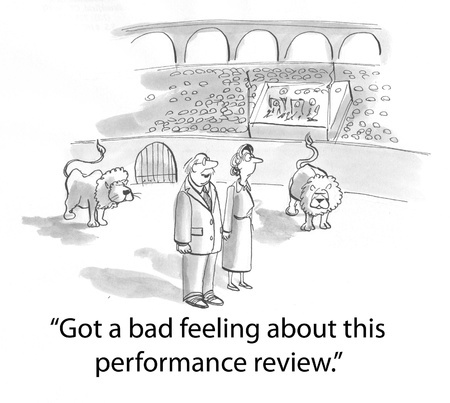Leadership & Character – Integrity

The past two blogs have focused on the assessment of character using the methodology Fred Kiel introduced in his book entitled “Return on Character”. In the book, character in leadership is based on an assessment of the presence of four universally-accepted moral principles: integrity, responsibility, forgiveness and compassion. We’ve reviewed the impact of responsibility and forgiveness on character. In this blog, we will look at the importance of integrity as it relates to character-based leadership.
Most dictionary definitions of integrity focus on the themes of honesty and strong moral principles. From a practical point of view, these themes translate to behaviours such as:
- Telling the truth
- Keeping promises
- Walking the talk
- Not intentionally misleading others and doing the right thing
These are seemingly simple behaviours but apparently they are not always easy for some leaders. So why does integrity matter so much if leaders are prone to acting without it?
I believe the heart of the issue in relationships. If a leader is to achieve sustainable excellence, they must be able to build relationships that can be leveraged to exert influence as a leader. Leaders who don’t tell the truth, don’t keep promises, don’t walk the talk, intentionally mislead others and don’t do the right thing erode the trust of those around them and – over time – damage these relationships. They diminish their ability to influence the behaviours and decisions of others. One of the challenges is that leaders who demonstrate the negative character behaviours described above do not necessarily see the consequences of these behaviours right away. They can feel a sense of having “gotten away with” the dishonest or misleading behaviour only to have the truth come out later with disastrous results.
Deborah Jacobs penned an article published in Forbes magazine in 2012 entitled “The High Price of Career Lies” where she recounts a number of deceptions that had serious consequences for the individuals involved. For example, Scott Thompson – CEO of Yahoo – listed a degree in computer science on his resume. When it was discovered that he had not earned a degree in computer science, he eventually resigned amid accusations that he was not fit to run the company. This is one of many examples that Jacobs recounts in her article. The explanation for such misrepresentations is often “everybody does it” and “who will know”, which of course makes it that much more tempting.
I remember a scene at the end of the first Harry Potter movie when Professor Dumbledore is talking to Harry Potter. He tells Harry an important truth saying “sometimes doing the right thing is hard”. A great example of doing the right thing under difficult circumstances can be found in the actions of Michael McCain – CEO of Maple Leaf Foods – during the 2011 listeria crisis when it was discovered that there was toxic bacteria in food processed by Maple Leaf Foods. McCain acted swiftly admitting that the company was responsible and promising to fix it. The announcements were very authentic and seemed to avoid the “spin” that often accompanies crisis management. A year later, the company took out media ads extolling its commitment to “becoming the global leader in food safety”. McCain’s swift and credible response seemed to fully restore the public’s trust and likely saved the brand.
In his book “Return on Character”, Fred Kiel outlines compelling research demonstrating how much higher the return on investment is for organizations whose leaders consistently demonstrate principles of integrity, responsibility, forgiveness and compassion. An important word here is principles. A principle is a fundamental truth that acts as the foundation for other actions. Truly having integrity means having integrity all the time – not just when it is easy or convenient. Selective integrity simply doesn’t cut it.
Leadership excellence requires integrity. When you act with integrity you build trust and when you build trust you have the ability to influence the thoughts and actions of others. Research has clearly demonstrated that the integration of good character traits into leadership training helps develop a Personal Leadership Effectiveness Culture that reinforces a strong CQ (Character Quotient) within the organizational culture.
As always, I welcome your feedback. You can connect with me via email or telephone or leave a comment right here on the site.
Until next time,
Dave
David Town, CHRL, is a facilitator and coach of leadership and management principles that enable individuals and organizations to build greater leadership competency, resulting in higher performance and higher employee engagement. David has a particular focus on effectively managing conversations involving confrontation or conflict. As well, he provides insights and assessment strategies for integrating character competencies into leadership skills resulting in increased trust and reduced risk for leaders. David is President of Your Leadership Matters Inc.





Leave a Reply
Want to join the discussion?Feel free to contribute!